Super Foods for Women
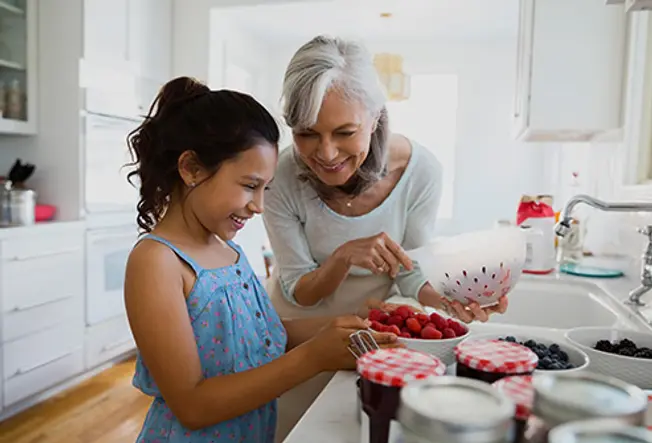
Women's Bodies Have Different Needs
Healthy eating is important for everyone, but certain foods are especially good for issues that affect women -- like brittle bones, pregnancy, and breast cancer, to name a few. These "super foods" are rich with nutrients (often more than one!) that will help to protect your body and keep it working well, even as you age.
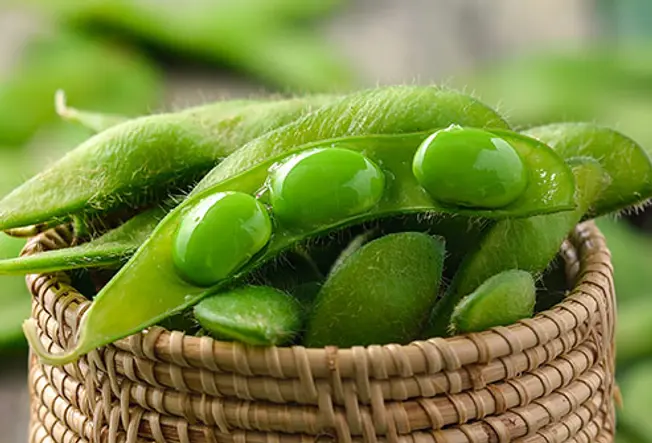
Edamame
These tasty soybean pods are full of fiber, good fats, and estrogen-like compounds called isoflavones. Isoflavones can be your friends during menopause. For example, they can help cool hot flashes.
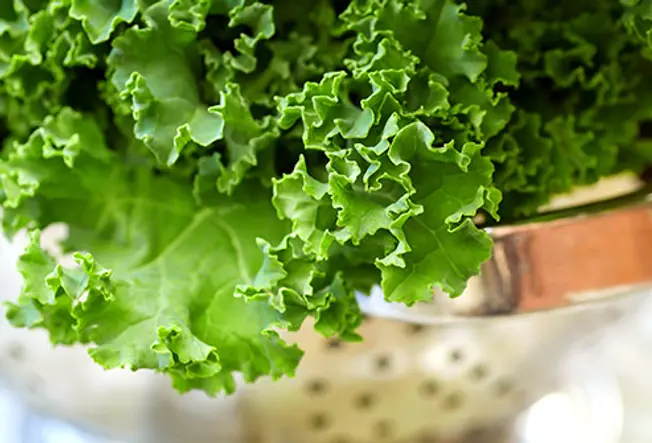
Kale
Packed into these green leaves are loads of vitamin K, which works with calcium and vitamin D to keep your bones strong and healthy. One serving has more than 20% of the daily recommended amounts of vitamins A and C.
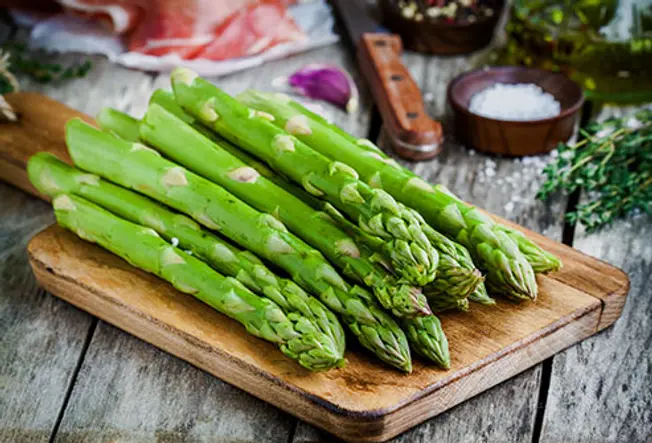
Asparagus
Want another way to get your bone-building vitamin K? Asparagus has you covered. Nosh on half a cup, and voila: You've got a third of what you need for the day. It's also full of folate, which helps prevent birth defects like spina bifida.
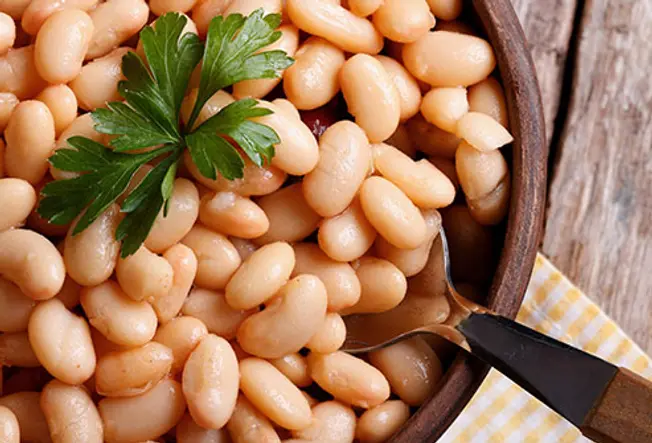
Beans
They have lots of protein, without the fat (and often the expense) that comes with meat, and they're high in fiber. They can lower your blood pressure, blood sugar, and heart rate -- all things that can lead to heart disease, the No. 1 killer of women in the United States.
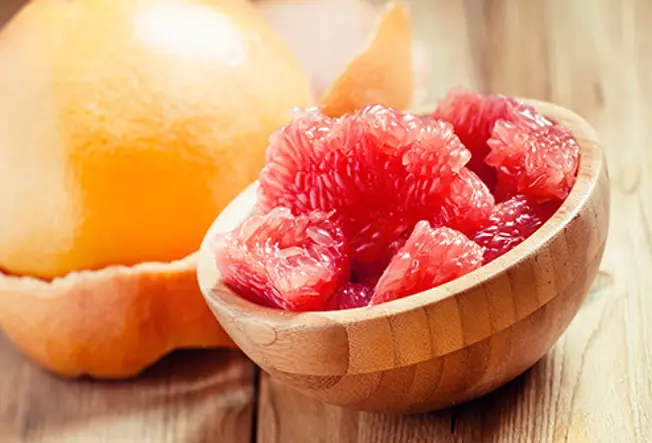
Grapefruit
It's all about about the "flavonoids," which help lower the likelihood of certain kinds of strokes in women and may also help your heart. (Oranges work, too, but grapefruit has less sugar.) Grapefruit may not be a good combo with your medication, so check with your doctor before you put in on the menu.
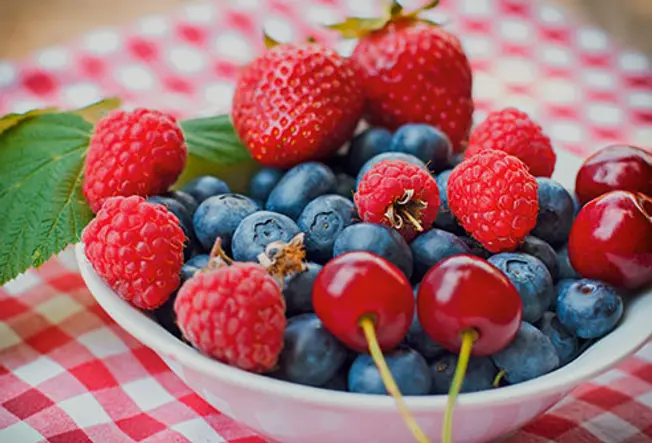
Berries and Cherries
They're not just pretty in pink … and purple, and red, and blue. These fruits have flavonoids and antioxidants, which can protect healthy cells from damage. Berries help keep your brain sharper as you get older. Plus, you need their vitamin C to build collagen, the protein that keeps your skin firm and smooth.
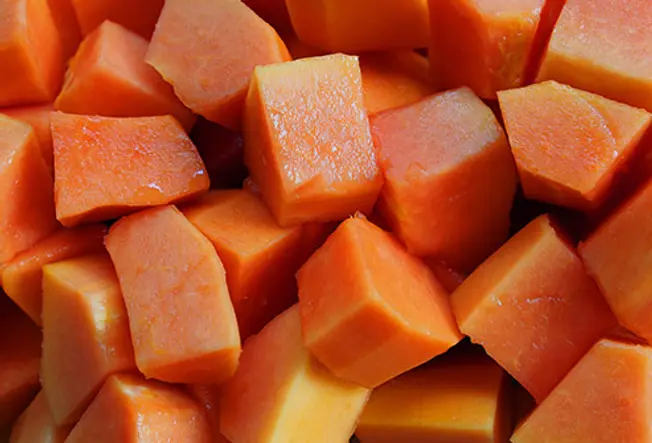
Papaya
Its red-orange color comes from beta carotene (the stuff in carrots) and lycopene (also in tomatoes and watermelon). Lycopene lowers your chance of getting cervical and breast cancers. It's an antioxidant, too, and keeps cholesterol and blood pressure at healthy levels to help ward off heart disease.
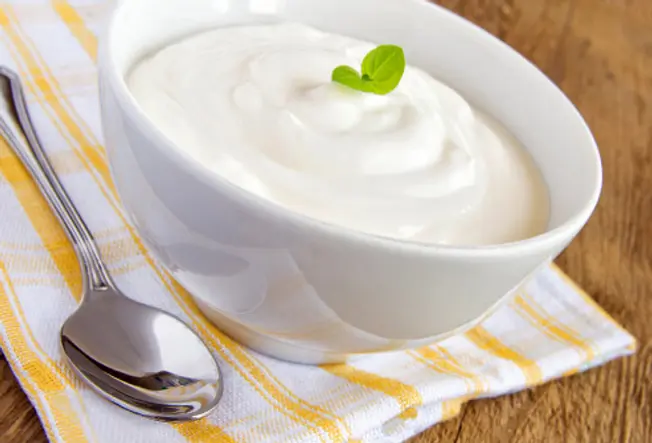
Plain, Low-Fat Yogurt
You need more calcium when you're over 50. Yogurt has loads of it -- just 8 ounces will give you more than a third of your calcium for the day. Look for the kind enriched with vitamin D, to help your body use the mineral better.
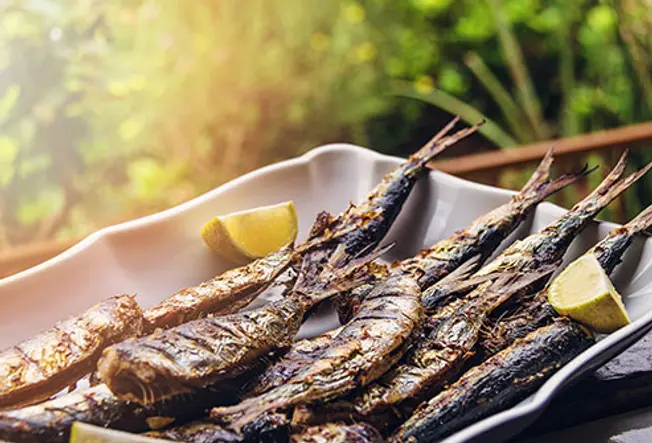
Sardines
These little guys are swimming with healthy fatty acids, vitamin D, and calcium. Their omega-3 fats can improve the quality of breast milk, and sardines are good for babies whose mothers ate them while they were pregnant. They also have less mercury than most other fish.
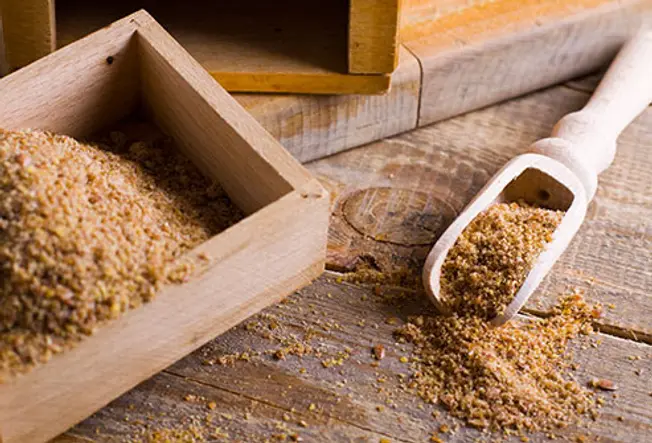
Flaxseed
Ground flaxseed is bursting with fiber as well as lignans, plant compounds that act like estrogen. These can help lower your risk for some cancers, including breast cancer. Flaxseed oil is a great way to get your omega-3s, but it doesn't come with the added cancer-fighting benefits. Check with your doctor before you add flaxseed to your diet; it can affect how well some medications work.
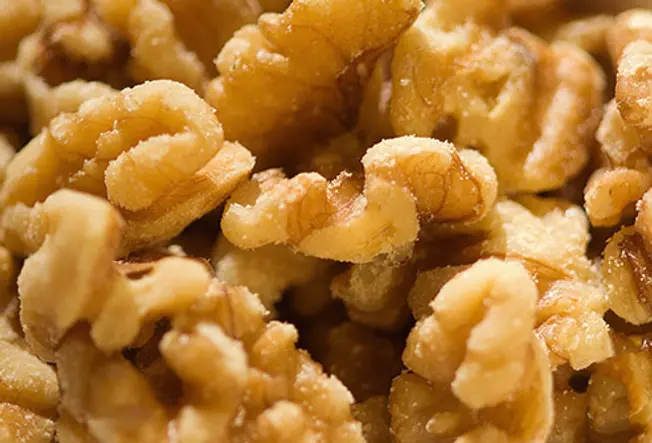
Walnuts
They're also packed with healthy fatty acids and may prevent cancer as part of a balanced diet. Use them (or ground flaxseed) as a topping for yogurt: Two birds, one stone.
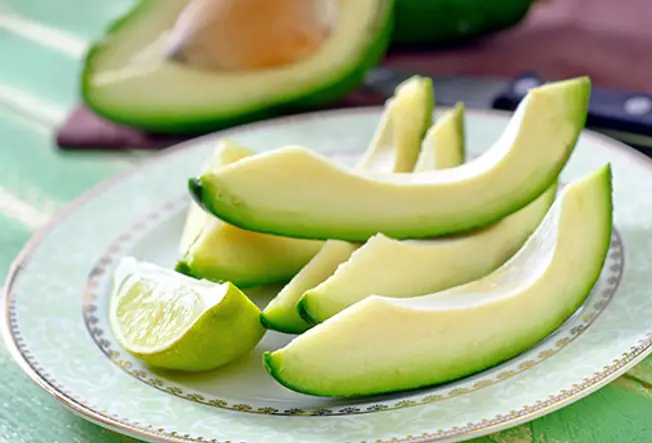
Avocado
Yes, they're full of fat, but it's the good fat. In fact, studies show avocado-rich diets can help get rid of belly fat and protect your eyes and skin. They may even help lower "bad" cholesterol levels and boost the "good" cholesterol.
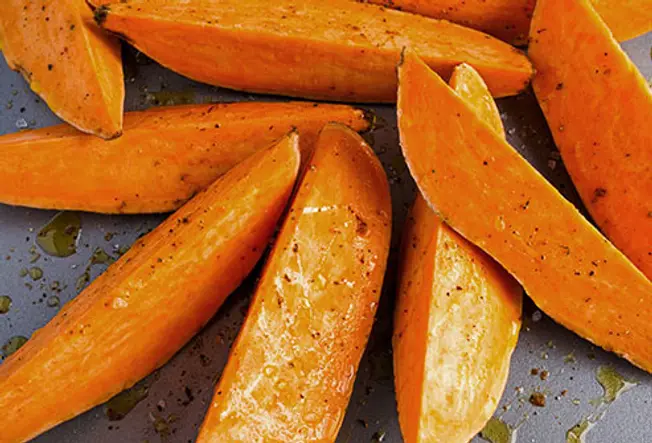
Sweet Potato
Copper, fiber, vitamin B6, potassium, iron … sweet potatoes are the total package. Best of all, they're chock-full of beta carotene, an A+ source of vitamin A. During pregnancy and breastfeeding, it makes sure your babe's little lungs are healthy and strong.
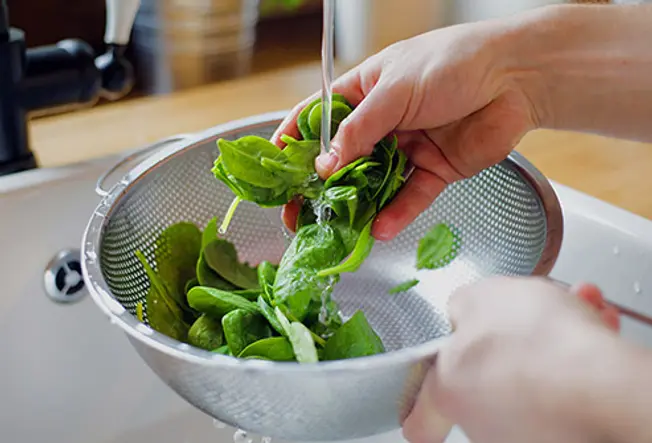
Spinach
Folate is your friend. On top of its prenatal perks, it lowers your chances for getting dementia, heart disease, and colon cancer. Spinach has folate in spades, and lutein, too. This antioxidant protects the lens and retina in your eye and may even ward off a few wrinkles.
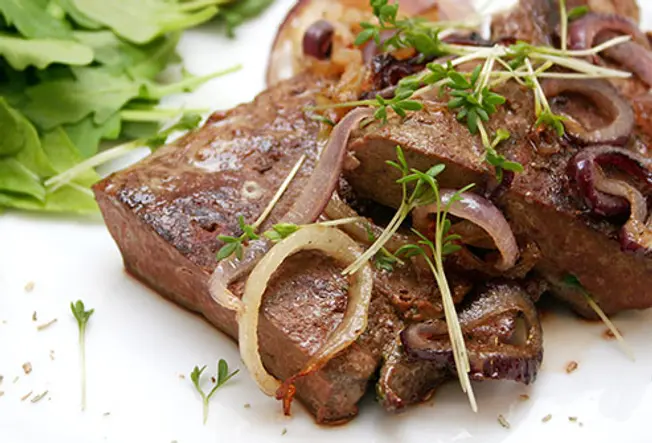
Beef Liver
It may not be at the top of the list of foods you crave, but beef liver is an excellent source of folate and folic acid, beating out top vegetarian contenders like spinach and black-eyed peas by a big margin.
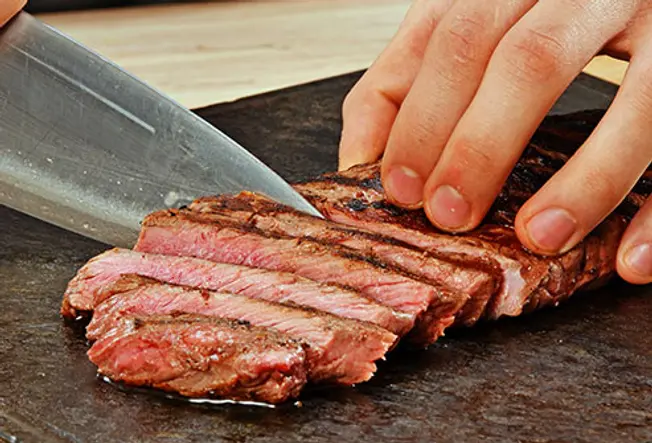
Lean Beef
Speaking of beef, red meat packs a punch when it comes to iron. And after age 18, you need lots of it -- more than men do! Beef is iron-rich, and it also gives you a zinc and vitamin B boost. But don't go overboard. There's a chance that eating lots of red meat might lead to uterine fibroids.
Show Sources
IMAGES PROVIDED BY:
1) Getty
2) Thinkstock
3) Martellostudio / Thinkstock
4) Thinkstock
5) ALLEKO / Thinkstock
6) 5PH / Thinkstock
7) Thinkstock
8) Thinkstock
9) Mizina / Thinkstock
10) Marcelo_minka / Thinkstock
11) Thinkstock
12) Jupiterimages / Thinkstock
13) tycoon751 / Thinkstock
14) Thinkstock
15) Thinkstock
16) Yvonne Bogdanski
17) Thinkstock
SOURCES:
Roy, H. "Superfoods for Women," Louisiana State University Agricultural Center, June 2010.
American Institute for Cancer Research: "AICR's Foods That Fight Cancer: Flaxseed."
American Heart Association: "Fats 101."
CDC Women's Health: "Leading Causes of Death in Females."
Collins, K. "Flaxseed and Breast Cancer: The Take-Home," American Institute for Cancer Research, March 2010.
FDA: "Grapefruit Juice and Medicine May Not Mix."
Harvard School of Public Health: Calcium and Milk: "What's Best for Your Bones and Health."
Messina, M. American Journal of Clinical Nutrition, 2014.
National Institutes of Health: "Dietary flavonoids and risk of stroke in women," "Folate Dietary Supplement Fact Sheet; Calcium Dietary Supplement Fact Sheet," "Walnuts have potential for cancer prevention and treatment in mice," "Hass Avocado Composition and Potential Health Effects," "Iron Dietary Supplement Fact Sheet," "Zinc Fact Sheet for Health Professionals," "Vitamin B12 Dietary Supplement Fact Sheet."
NIH MedlinePlus: "Healthy food trends -- beans and legumes."
Office on Women's Health: "Proteins," "Uterine fibroids fact sheet."
The Ohio State University Farm to Health Series: "Maximize Your Nutrients from: Asparagus."
Physicians Committee for Responsible Medicine: "How Lycopene Helps Protect Against Cancer."
Toner, C. Nutrition Research and Practice, August 2014.
Strobel, M. European Journal of Nutrition, July 2007.